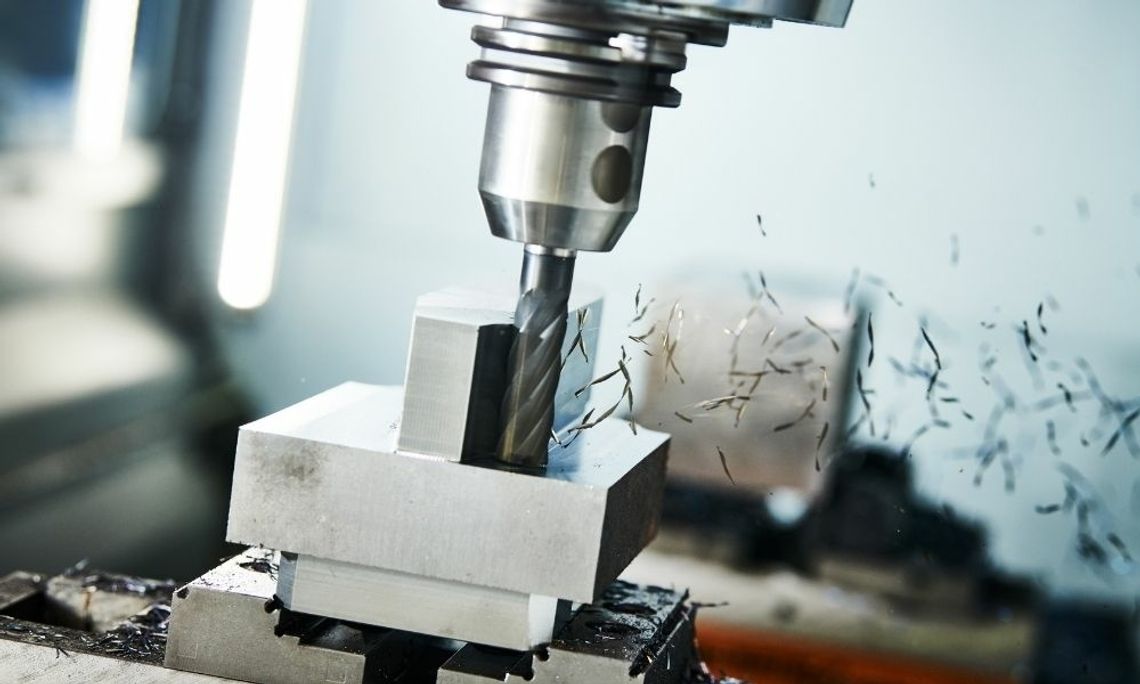CNC milling is an essential part of many manufacturing operations. It allows operators to produce a high volume of quality materials while eliminating the pesky element of human error.
Even so, no process is entirely foolproof, and the same is true of CNC milling. But being aware of the common errors that occur during CNC milling is the first step in preventing problems during manufacturing.
Using the Wrong Tools
You wouldn’t use a razor to prune your bushes or garden shears to shave your face. Likewise, you have to use the correct type of tool when you’re doing CNC milling. If you notice your final product is full of raised marks, rough edges, or burns, the chances are that you were using the wrong tool.
When selecting the tool for your process, consider the material you’re working with. This will influence the type of cutter and the setting you use. Some materials require higher spindle speeds, which you should also consider.
Making Programming Errors
One of the reasons for CNC milling’s popularity in the manufacturing industry is the fact that these machines are automated. This helps increase the efficiency and accuracy of the process. However, this automation can work against manufacturers when there are programming errors.
A lack of training is the primary cause of programming errors. Fortunately, that means incorporating proper training is the simplest way to circumvent this common CNC milling error. Even if you do training when employees initially start, it’s good to have refresher sessions periodically.
Doing Reactive Instead of Preventative Maintenance
Maintenance should be on the docket for every business working with heavy machinery. Equipment maintenance falls under two categories. Many businesses only choose to carry out reactive maintenance. They only do maintenance in response to a machine breaking down or having problems.
However, if you want to increase the lifespan of your spindle motors and other machine parts, you should use preventative maintenance. This involves being proactive about your machine upkeep and taking care of small issues before they grow and halt production.


Comment
Comments